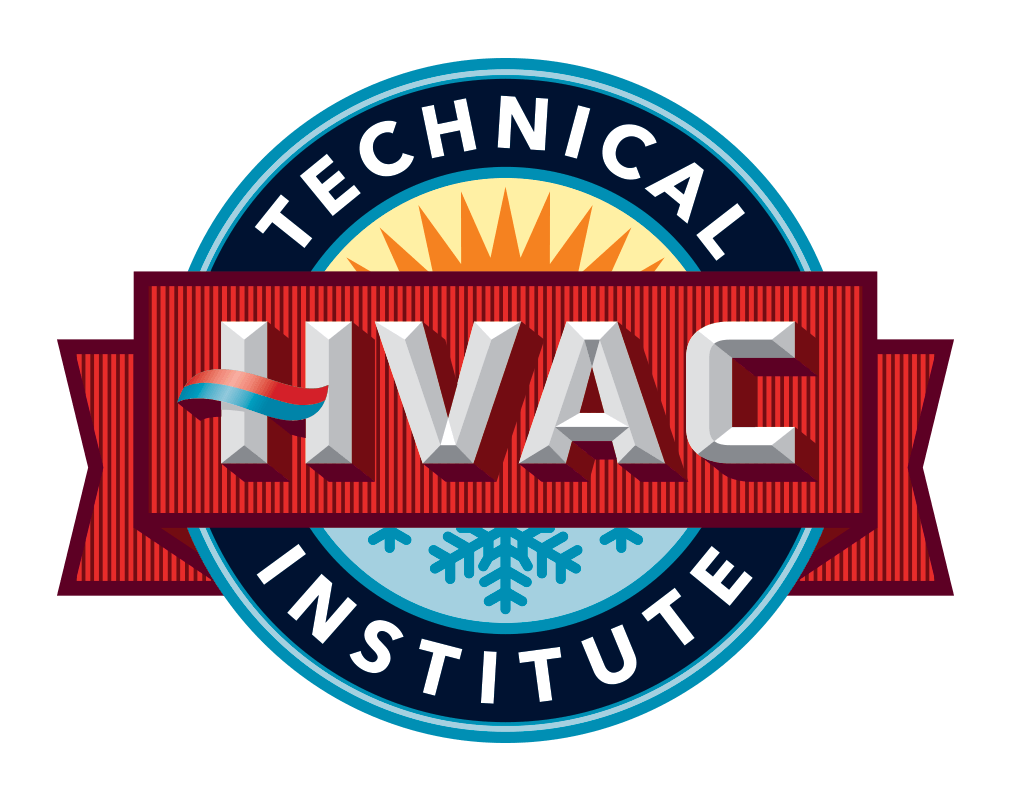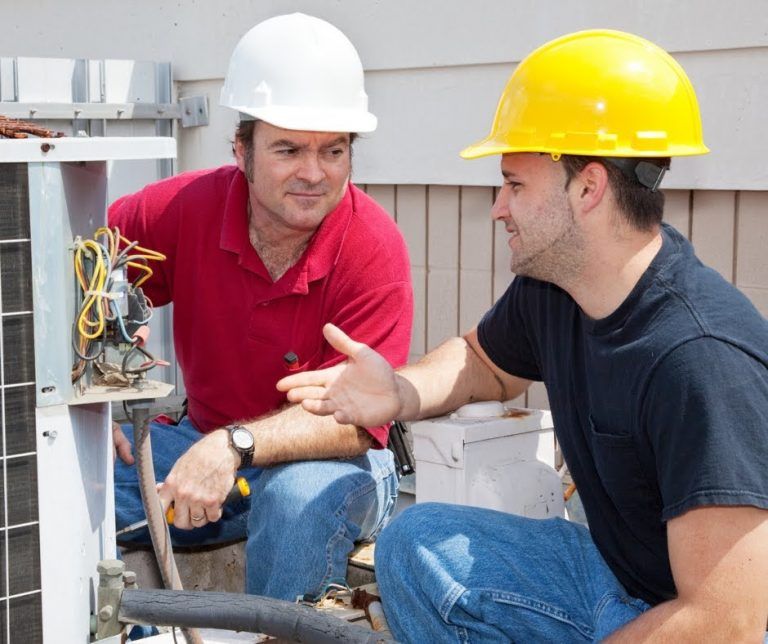PANDEMIC JOB LOSS? WHAT TO KNOW ABOUT A NEW HVAC CAREER
Did you recently lose your job? Whether pandemic-related restrictions made your job obsolete or you were laid off for another reason, take a look at what you need to know about a bright new career in the heating, ventilation, and air conditioning (HVAC) industry.
WILL YOU NEED TO GO BACK TO SCHOOL?
An HVAC technician doesn’t need a four-year bachelor’s degree. But that doesn’t mean you can start your new career in the heating, ventilation, and air conditioning industry immediately. Without education or experience you’ll need:
- To complete classes. Provided you already have a high school diploma or GED, you can move on to a postsecondary HVAC education. Coursework new HVAC technicians need include math, HVAC basics, and safety training.
- A degree. While you won’t need a bachelor’s degree, you will need something to prove you’ve completed the required classroom or hands-on training — such as a trade, technical, or career school diploma, degree, or certificate.
- Practical training. Classroom-based HVAC courses are the start of your education. But you’ll also need to complete hands-on training through labs, for-credit internships, for-credit externships, or apprenticeships.
If you’re not sure which HVAC program is right for your needs, contact each of your potential schools. Admissions staff, instructors, or other program employees can help you to learn more about the pre-requisites (classes you’ll need to take before you start HVAC courses), requirements, and curriculum.
WHEN CAN YOU START YOUR FIRST NEW JOB?
Without work right now, you probably don’t want to wait to start a new job and make money. Even though you’d gladly begin your new career today, you aren’t ready to send out resumes yet. The specific amount of time you need to spend in school depends on the HVAC program or courses you attend. It could take anywhere from six months to two years or more to complete your education.
Along with coursework in HVAC systems and a degree, diploma, or other type of program completion certificate, entry-level technicians also need:
- Training. Whether hands-on courses are part of your trade program or not, you’ll need some practical experience before you apply for jobs. If you choose an apprenticeship program, you may need to complete three to five years of training.
- A license. Follow your state’s licensing requirements to make sure you’re properly credentialed.
- Certification. A certification differs from an HVAC license. While states set different licensing regulations for technicians, the U.S. Environmental Protection Agency (EPA) requires professionals who work with refrigerants to pass a Section 608 Technician Certification exam.
After you complete a training program, get hands-on experience, and have all required licenses and certifications, it’s time to take the next step and start your job search.
HOW DO YOU GET YOUR FIRST HVAC JOB?
Now that you’re ready to search for your first job, you may have questions — especially if you’ve worked in a completely different industry for years. While your recent job loss may have a long-lasting psychological or emotional impact, don’t let your former career get in the way of your new one.
According to projections from the U.S. Bureau of Labor Statistics, the HVAC industry will add more than 15,000 jobs between 2019 and 2029. Unlike employees in other industries, HVAC technicians are essential workers who are always in need. This means it’s likely you’ll have your pick of places to work — even during a pandemic. To find a new place of employment or employer:
- Start at school. Does your HVAC program offer job placement assistance? Use this service to find meaningful employment easily. Don’t worry if your school doesn’t have a career services office. Your instructors can guide you towards the best local jobs.
- Ask your internship or apprenticeship supervisor. Are you already working in an internship or apprenticeship type of experience? Continue this job — for pay. Ask your supervisor about the possibility of staying on as a full-time employee.
- Join HVAC organizations or associations. Trade associations provide a wealth of knowledge for new professionals in the field. Join a local or national association or organization to get access to specialized job searches, job listings, or networking events.
- Update your resume. Does your resume still reflect the old industry you worked in pre-pandemic? Now is the time to update this document. Include your HVAC diploma or degree, applicable certifications, license information, and hands-on training.
- Update your references. Along with your resume, you may need to update employment references. While references from your old industry can speak to your work ethic, they can’t comment on your HVAC experience. Find a few new professionals related to the HVAC field.
Some HVAC technicians specialize in a service such as green technology, commercial repairs, or refrigerant retrofitting. If you’ve taken courses, completed hands-on training, or have certifications in a specialty area, highlight these experiences or documents in your resume and during your first HVAC job interview.
Are you ready to regroup and start a new career as an HVAC technician? Contact the HVAC Technical Institute for more information.


